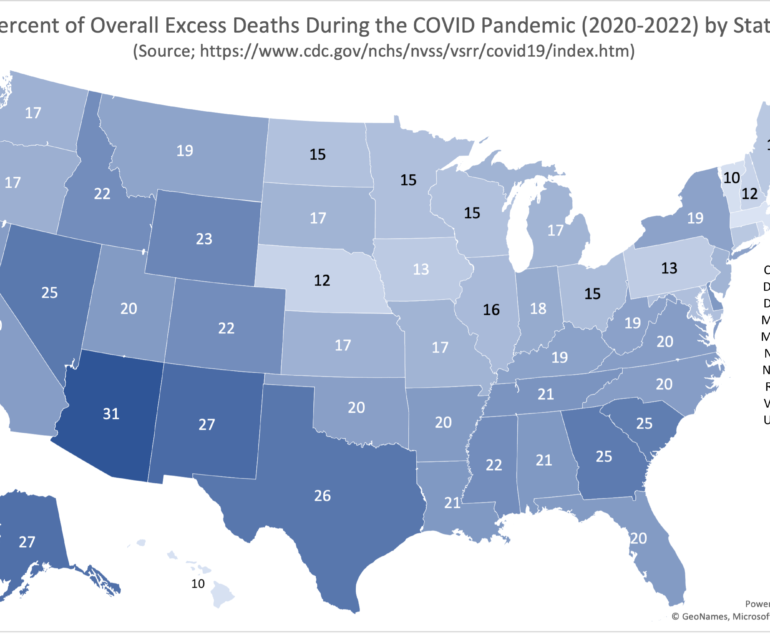This week the U.S. Senate had a goal of voting on the “Better Care Reconciliation Act of 2017” – the earlier version of the bill that was passed in the House of Representatives this year. Fortunately, the Senate decided to chill and not to take the vote this week or next. Hopefully they’ll reflect over the July 4 break and come back with a more productive approach to improving on the ACA.
The nonpartisan Congressional Budget Office released it’s analysis of the Senate Bill (https://www.cbo.gov/publication/52849), which seems to have had a profound impact on the negotiations. The report found that the proposal would have increased the number of people who are uninsured. It is estimated that 15 million more people would be uninsured by next year. The increase in the number of uninsured people would reach 19 million in 2020 and 22 million in 2026.
In later years, lower spending on Medicaid and substantially smaller average subsidies for coverage would lead to even more increases in the number of people without health insurance. By 2026, enrollment in Medicaid would fall by about 16% and an estimated 49 million people would be uninsured, compared with 28 million who would lack insurance that year under the ACA.
Another interesting development this week was a new analysis released by AHCCCS concluding that the proposal would cost our state at least $7.1 billion through 2026. Download the full report from the AHCCCS website.
The analysis shows that the Bill increases costs for Arizona by $2.9 billion between FY 2018 and FY 2026. It would make changes to the enhanced federal funding provided for the 320,000 Medicaid members that are childless adults with incomes up to 100% of federal poverty, as well as 82,000 adult members with incomes between 100-133% of federal poverty.
We’re encouraging AzPHA members to send messages to our Senators urging them to focus on supporting a Senate bill that decouples the issues related to the individual health care insurance market from these dramatic changes to federal and state Medicaid programs.
Senator Jeff Flake
Russell Office Building 413
Washington, D.C. 20510
(202) 224-4521
Twitter: @JeffFlake
Senator John McCain
Russell Office Building 218
Washington, DC 20510
(202) 224-2235
Twitter: @SenJohnMcCain

